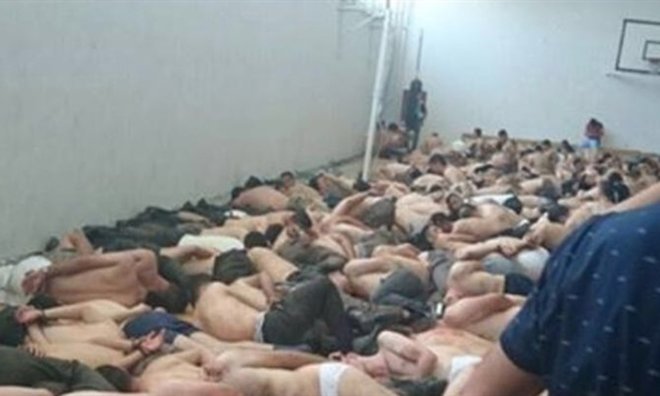Levent Kenez/Stockholm
The United Nations Human Rights Committee (UNHRC) has raised serious concerns in its latest observations following Turkey’s second periodic report, highlighting critical human rights challenges that remain despite legislative progress. The UNHRC emphasized the urgent need for reforms to strengthen judicial independence, protect freedom of expression, prevent discrimination and ensure fair trials. The report also addressed the expanding powers of Turkey’s National Intelligence Organization (MİT), which have been implicated in human rights violations, such as extraterritorial abductions, enforced disappearances and invasive surveillance.
The issues mentioned in the report were compounded by a controversial law granting MİT agents immunity from prosecution, which led the UN to urge Turkey to introduce greater judicial oversight and accountability.
The report addresses Turkish Law No. 2937, which grants extensive immunity to MİT agents from criminal prosecution, even in cases where intelligence operations allegedly involve unlawful activities, such as enforced disappearances. This provision, according to the UNHRC, creates a legal shield that undermines accountability, making it difficult to investigate or prosecute agents involved in serious rights violations. The committee urged Turkey to reconsider this immunity provision, stating that it may foster a culture of impunity within the intelligence agency.
In 2012 the Turkish government successfully submitted a bill to parliament to amend the existing law and provide more immunity for MİT officials from criminal probes and require that prosecutors obtain the permission of the government to continue any investigation of MİT officials.
The UNHRC has documented reports of extraterritorial abductions of individuals with alleged ties to the Gülen movement, a group critical of Turkish President Recep Tayyip Erdogan, or other dissidents of the government who have been forcibly returned to Turkey from various countries, bypassing formal extradition processes.
MİT agents have reportedly been involved in cross-border operations to apprehend and transport suspects to Turkey without judicial oversight, raising significant concerns over Turkey’s adherence to international human rights norms. The committee called on Turkey to halt these abductions, respect due process and ensure that all extraditions follow lawful and transparent procedures.
Text of United Nations Human Rights Committee’s latest report on Turkey:
The report also addressed concerns over MİT’s broad surveillance capabilities, noting that legislative amendments have expanded the agency’s access to personal data without adequate safeguards. These powers, under Law No. 6532, allow MİT to collect, store and analyze personal information, including phone and internet records, often without judicial oversight.
The UNHRC emphasized that such practices infringe on individuals’ right to privacy and lack the necessary protections against potential abuse. The committee also recommended that Turkey establish independent monitoring mechanisms to oversee MİT’s surveillance operations and ensure compliance with international standards on data protection and privacy.
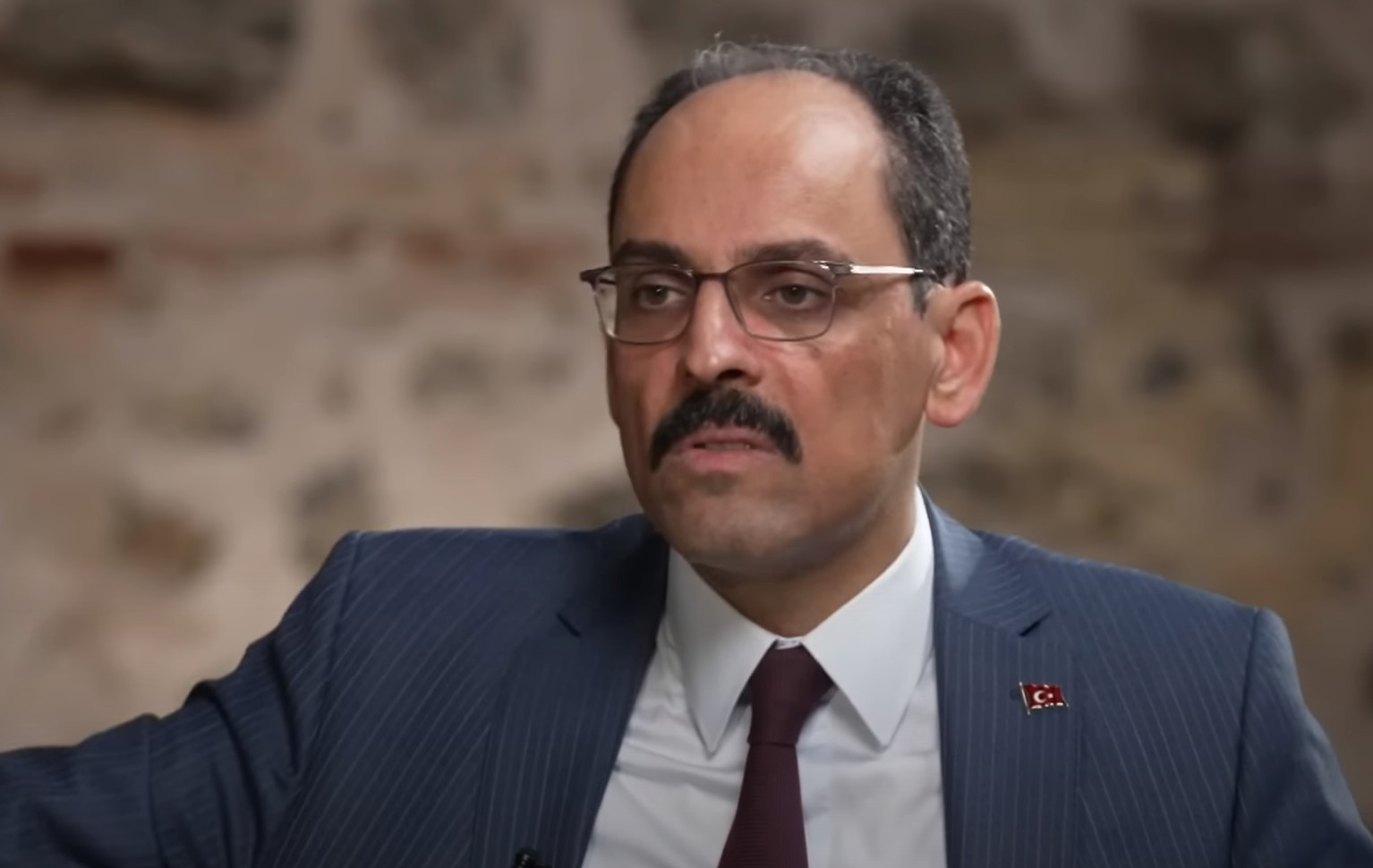
Furthermore, the committee raised alarm over allegations that Interpol Red Notices have been misused against certain individuals and that politically motivated extradition processes have been employed, urging Turkey to ensure that no abductions or forcible transfers into the country occur. It called for the prevention of the misuse of Red Notices and the establishment of sufficient safeguards to ensure that extradition procedures are not politically driven and are carried out in accordance with due process guarantees.
Turkey’s apparent misuse of its position at Interpol is not unprecedented. Between 2016 and 2021, Interpol rejected 839 Red Notice submissions by Turkey for members of the Gülen movement. Interpol cited violations of its rules as the basis for refusal and urged Turkey to refrain from resubmitting similar requests. Interpol went to the extent of briefly cutting off Turkish police access to its database when Turkey inundated the system with an excessive number of filings against exiled critics and opponents of Erdogan’s government, all under seemingly fabricated terrorism charges.
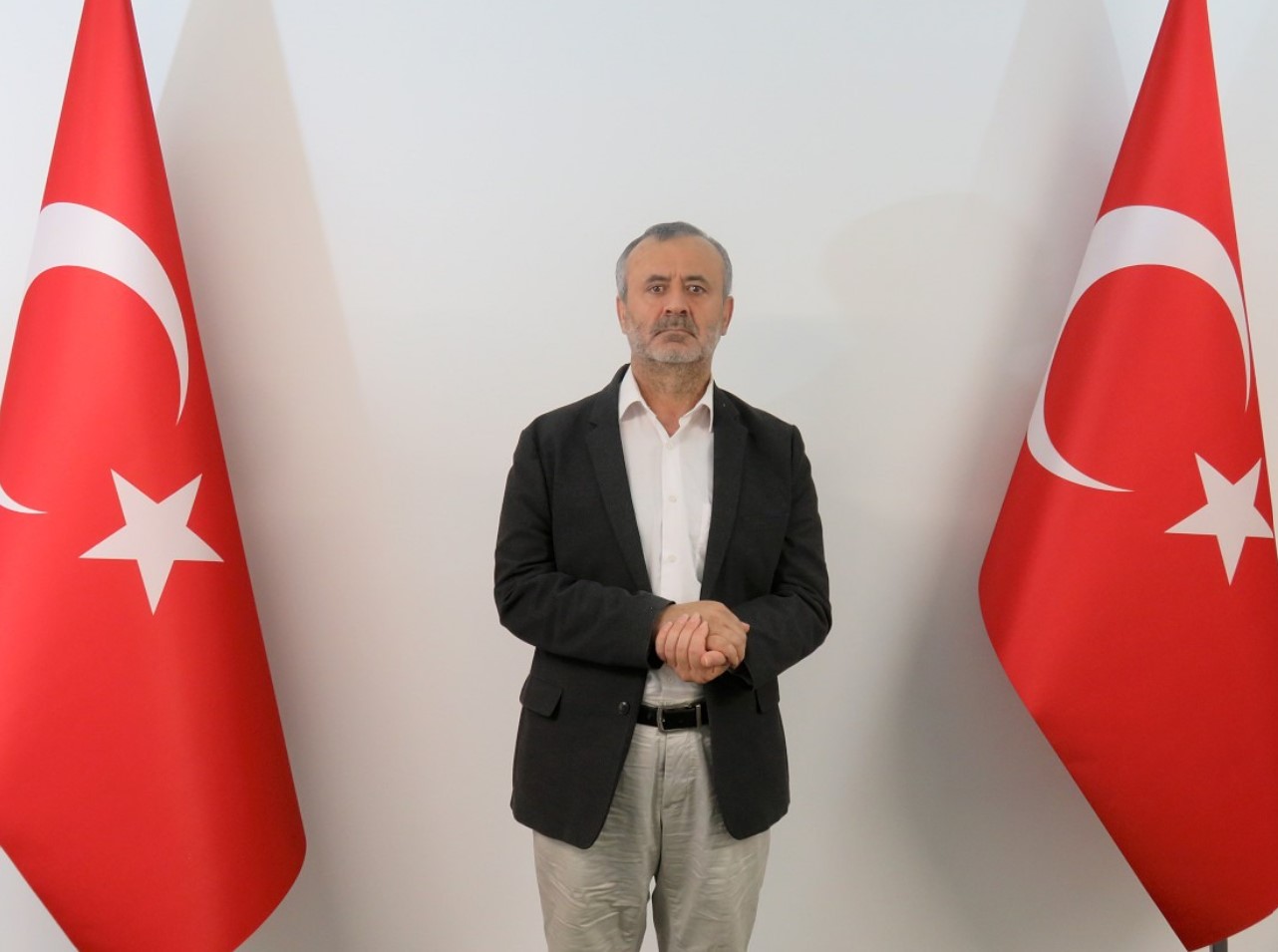
Turkish President Erdogan turned against the Gülen movement after major corruption investigations in December 2013 incriminated him, his family members and his business and political associates. An order to spy on people and organizations affiliated with the movement was apparently issued in early 2014, resulting in volunteers of the movement being targeted with criminal prosecution on fabricated charges of terrorism.
The UNHRC urged Turkey to introduce strict safeguards that limit the scope of MİT’s powers, including judicial oversight for surveillance and extradition procedures. The committee stressed the importance of holding intelligence agents accountable for actions that may violate human rights, recommending that Turkey align its intelligence laws with international standards to protect against abuse of power.
Nordic Monitor has previously reported that despite mounting evidence — including numerous criminal complaints, victim statements and confessions from senior MİT officials — the Erdogan government has failed to launch any effective investigations into allegations of torture. In some cases, prosecutors appeared to pursue investigations into these claims, only to abandon them later, often citing the lack of evidence as a pretext. To date, no on-site inspections have been conducted of reported black sites in Ankara.
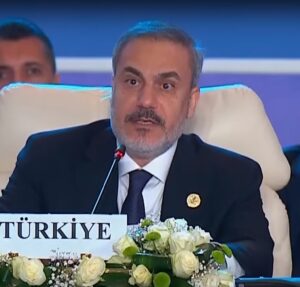
One such black site was publicly exposed in 2018, reportedly revealing use not only for officers but also for individuals illegally abducted from abroad by MİT. Located in a protected conservation area in Ankara, approximately two kilometers from President Erdogan’s palace, the site is thought be a covert location serving as both a hub for arms transfers to jihadist groups and a location for torture.
The site is housed in a clandestine facility managed by MİT, with coordinates at 39.92632610216299, 32.77207015662205, about 230 meters from Anadolu Boulevard and 600 meters from Ankara Boulevard. As of 2023, Google Maps imagery confirmed the site remains active, with three cars parked near the gate and a control point with a lift-arm barrier situated around 30 meters from the main entrance. Its isolation ensures it remains beyond public scrutiny.
In early 2016 the facility was renovated during the tenure of the then-head of MİT, Hakan Fidan, to accommodate torture cells for MIT’s kidnapped victims. The facility was first revealed during a 2014 criminal investigation into al-Qaeda networks in Turkey, which showed it was used to dispatch arms to jihadist factions in Syria and Iraq. However, the Erdogan government shut down the investigation, protecting MİT agents involved in illegal arms trafficking.
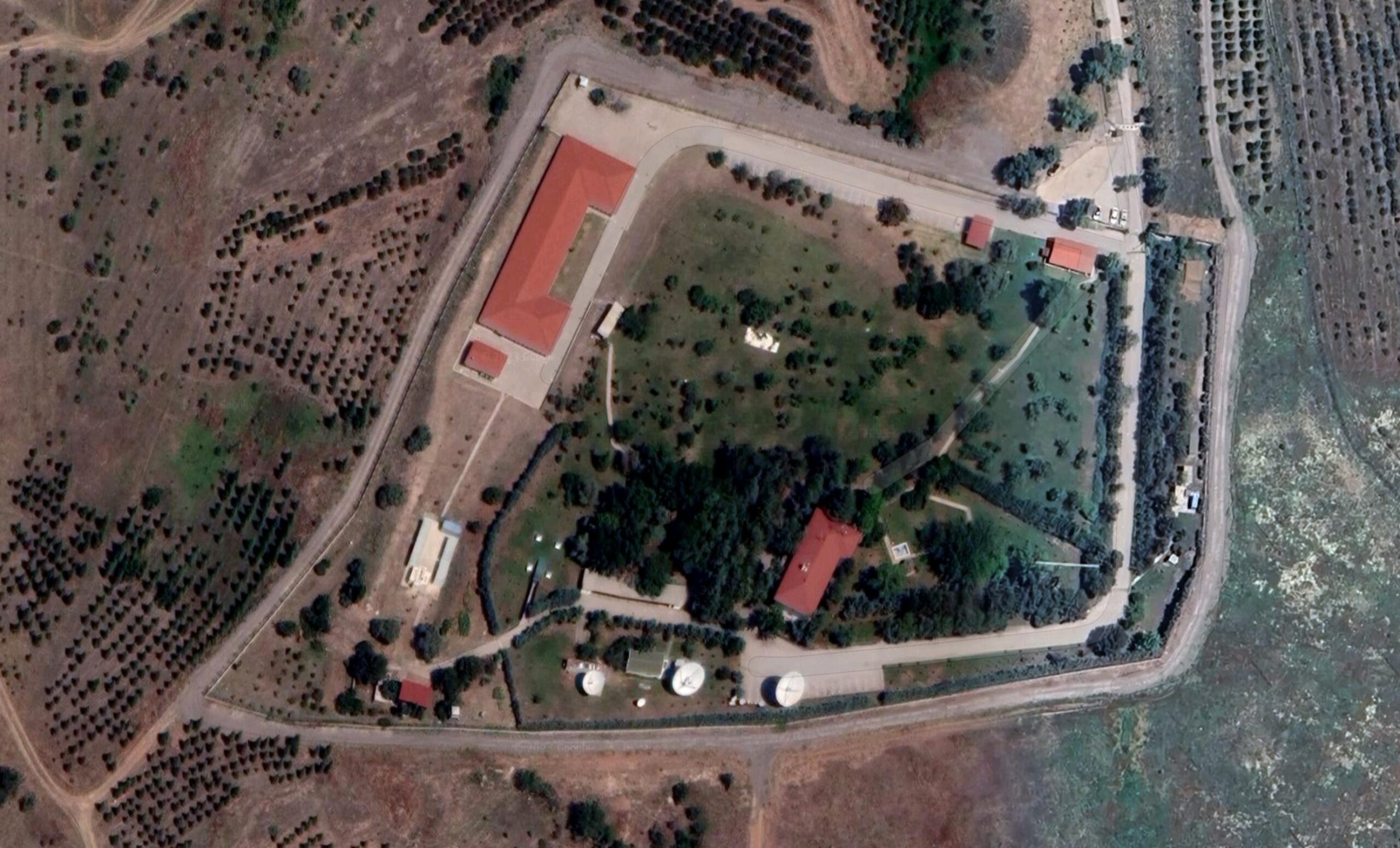
The use of the black site continues under Ibrahim Kalın, who succeeded Fidan as MİT director in June 2023. Testimonies from witnesses, confessions from senior MİT officials and court documents all confirm the existence of the black site located in the Atatürk Forestry Farm (Atatürk Orman Çiftliği, AOÇ), run by MİT’s Special Operations Department, led by Kemal Eskintan. This department employs a specialized interrogation team known for its use of invasive torture tactics.
The site’s operations were also disclosed by senior MİT officials Erhan Pekçetin and Aydın Günel, who were captured by the outlawed Kurdistan Workers’ Party (PKK) in Sulaymaniyah, Iraq, in 2017. Pekçetin testified that he witnessed the torture of Ayhan Oran, a former MİT employee, in one of the cells in 2016. Oran, who was abducted in November 2016, remains missing. Before his disappearance, Oran left a letter with his wife stating that MİT should be held responsible if he were to vanish. The investigation into his disappearance was obstructed by MİT.

